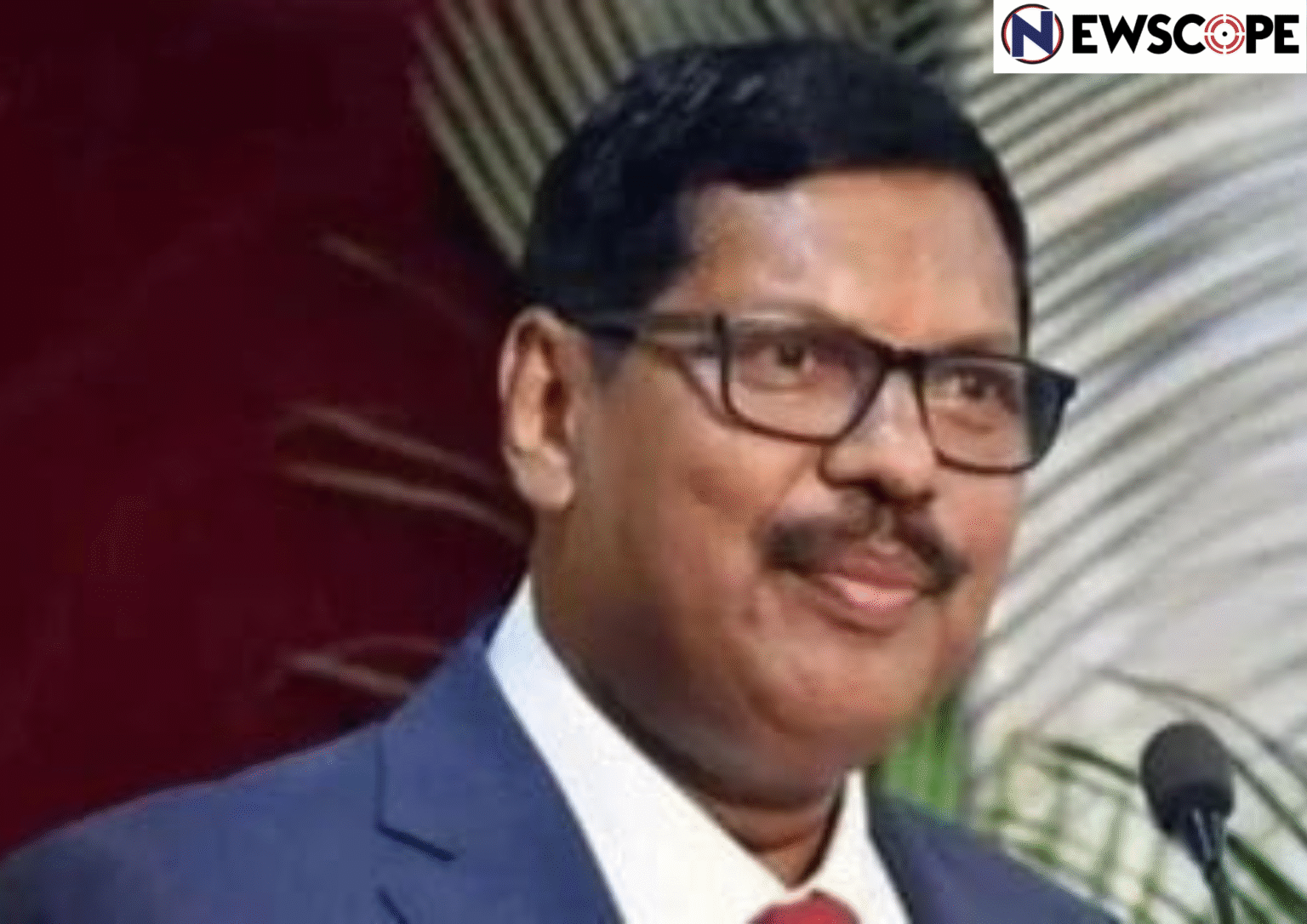The Chief Justice of India has raised concerns about the possibility of an elected state government being at the “whims and fancies” of the Governor, specially in relation to the Governor’s power to withhold assent to bills passed by the State legislature.
The concern arises in a presidential bench hearing before five judges examining a Presidential reference on the powers of the Governor and President regarding state legislation.
The debate is about how much power a Governor really has under Article 200 of the Constitution, and how to balance that power with the fact that the real accountability lies with the elected state government chosen by the people.
The Chief Justice of India asked whether a Governor has the power to keep a bill pending forever without approving or rejecting it. If that happens, it would mean that the elected state government has to wait endlessly for the Governor’s decision, giving too much control to an unelected person instead of the people’s representatives.
The Central Government’s lawyer (Solicitor General) argued that the Governor has the right to refuse signing a bill and that such issues should be solved politically, not by the courts. But the Supreme Court said that it must step in if a Governor is not doing their duty, because the Court’s job is to protect the Constitution.



